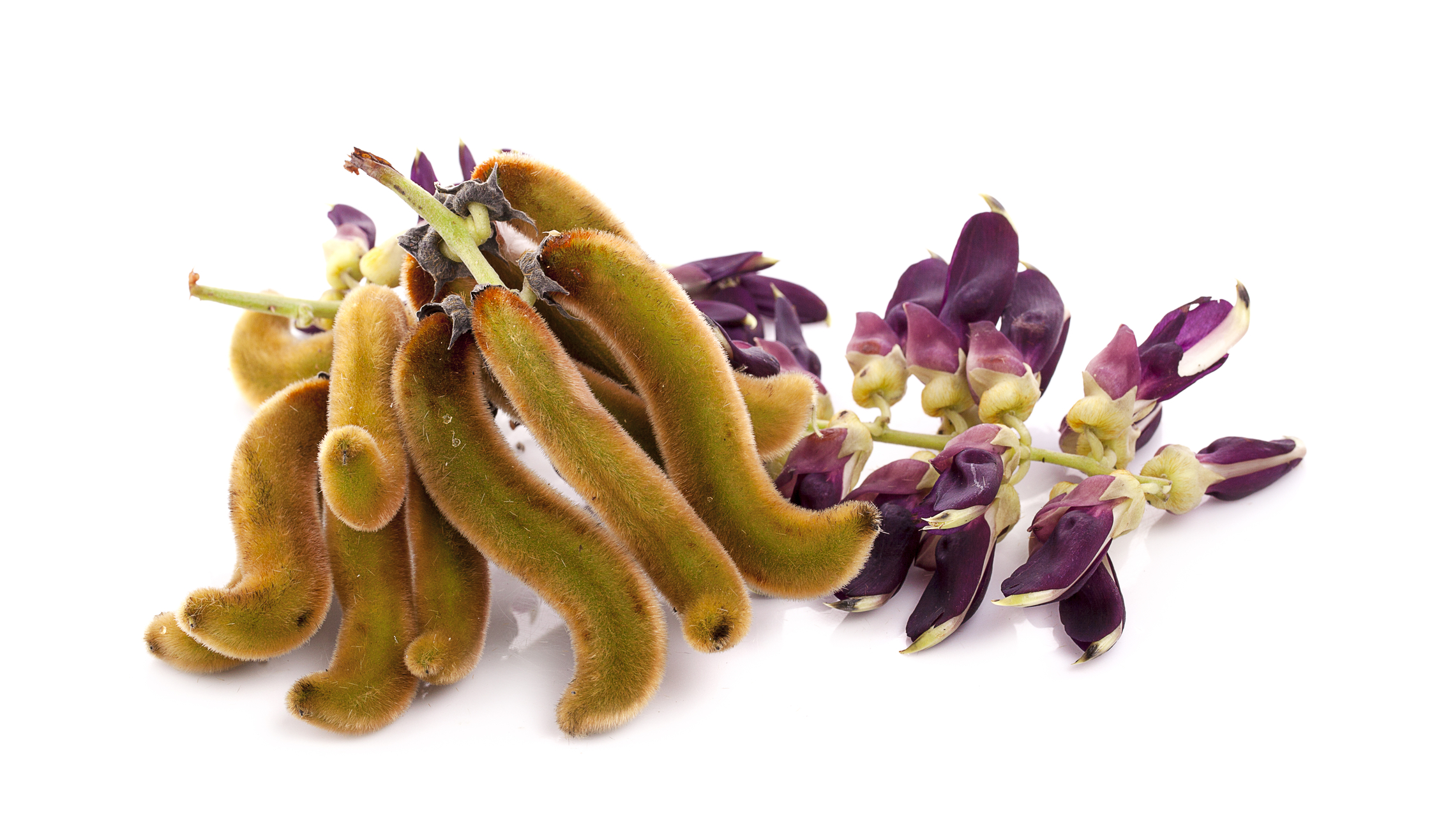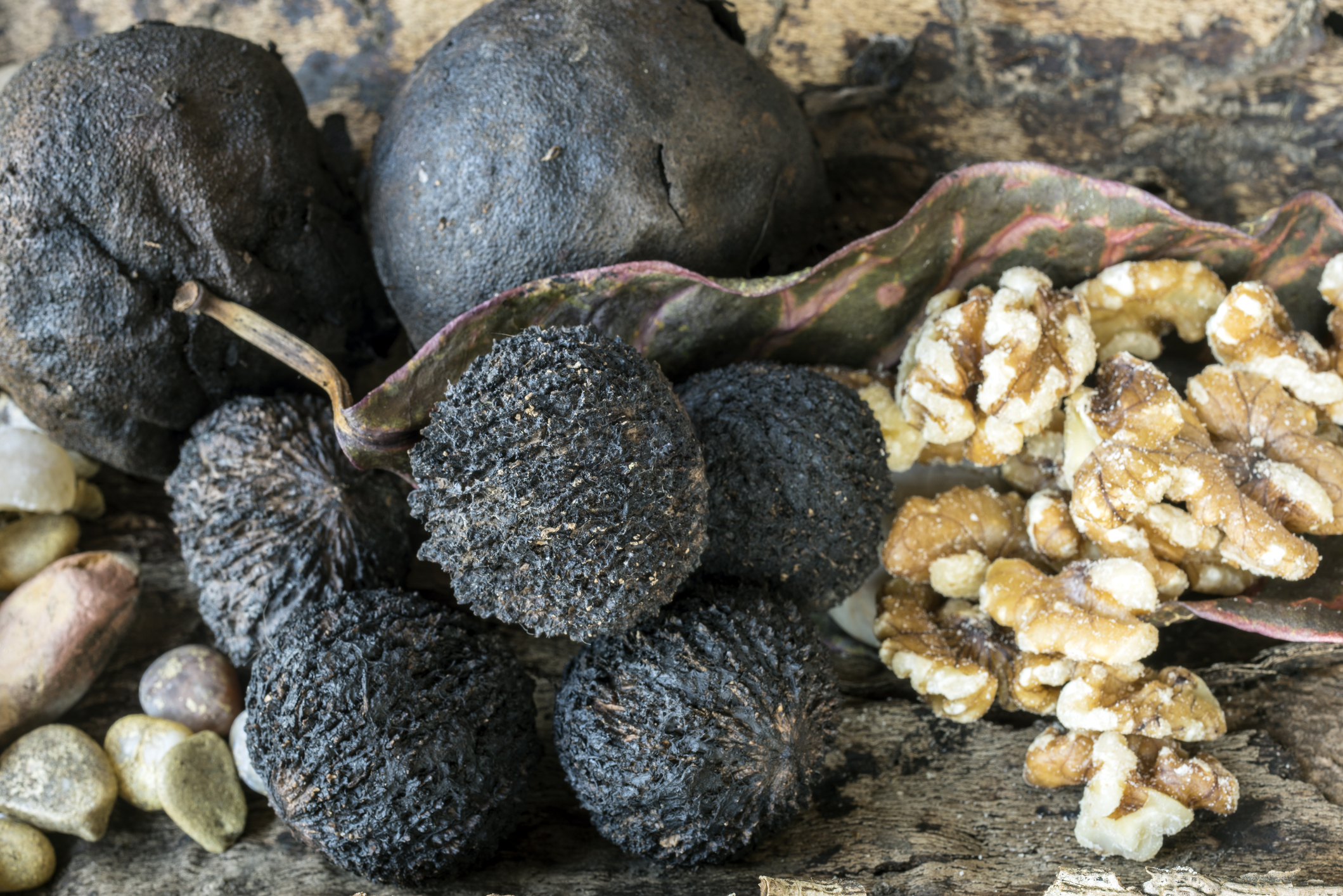
by admin | Jan 2, 2024 | Abstracts
Abstract
Mucuna pruriens (Fabaceae) is an established herbal drug used for the management of male infertility, nervous disorders, and also as an aphrodisiac. It has been shown that its seeds are potentially of substantial medicinal importance. The ancient Indian medical system, Ayurveda, traditionally used M. pruriens, even to treat such things as Parkinson’s disease. M. pruriens has been shown to have anti-parkinson and neuroprotective effects, which may be related to its anti-oxidant activity. In addition, anti-oxidant activity of M. pruriens has been also demonstrated in vitro by its ability to scavenge DPPH radicals and reactive oxygen species. In this review the medicinal properties of M. pruriens are summarized, taking in consideration the studies that have used the seeds extracts and the leaves extracts.
Keywords: Mucuna pruriens, Phytochemicals, Antioxidant, Parkinson’s disease, Skin, Diabetes
Lampariello LR, Cortelazzo A, Guerranti R, Sticozzi C, Valacchi G. The Magic Velvet Bean of Mucuna pruriens. J Tradit Complement Med. 2012 Oct;2(4):331-9. doi: 10.1016/s2225-4110(16)30119-5. PMID: 24716148; PMCID: PMC3942911.
doi: 10.1016/s2225-4110(16)30119-5

by admin | Jan 2, 2024 | Abstracts
Khanh-Van Ho,1,2 Zhentian Lei,3,4 Lloyd W. Sumner,3,4 Mark V. Coggeshall,5 Hsin-Yeh Hsieh,6 George C. Stewart,6 and Chung-Ho Lin1,*
Abstract
Black walnut (Juglans nigra L.) is one of the most economically valuable hardwood species and a high value tree for edible nut production in the United States. Although consumption of black walnut has been linked to multiple health-promoting effects (e.g., antioxidant, antimicrobial, anti-inflammatory), the bioactive compounds have not been systematically characterized. In addition, the associations between different black walnut cultivars and their health-promoting compounds have not been well established. In this study, the kernels of twenty-two black walnut cultivars selected for nut production by the University of Missouri Center for Agroforestry (Columbia, MO, USA) were evaluated for their antibacterial activities using agar-well diffusion assay. Among the selected cultivars, four black walnut cultivars (i.e., Mystry, Surprise, D.34, and A.36) exhibited antibacterial activity against a Gram-positive bacterium (Staphylococcus aureus), whereas other cultivars showed no effect on the inhibition of this bacterium. The antibacterial compounds showing the strongest activity were isolated with bioassay-guided purification and identified using a metabolomics approach. Six antibacterial bioactive compounds responsible for antimicrobial activity were successfully identified. Glansreginin A, azelaic acid, quercetin, and eriodictyol-7-O-glucoside are novel antibacterial compounds identified in the kernels of black walnuts. The metabolomics approach provides a simple and cost-effective tool for bioactive compound identification.
Keywords: black walnut, Juglans nigra, antibacterial, metabolomics approach, compound identification
Ho KV, Lei Z, Sumner LW, Coggeshall MV, Hsieh HY, Stewart GC, Lin CH. Identifying Antibacterial Compounds in Black Walnuts (Juglans nigra) Using a Metabolomics Approach. Metabolites. 2018 Sep 29;8(4):58. doi: 10.3390/metabo8040058. PMID: 30274312; PMCID: PMC6316014.

by admin | Jan 2, 2024 | Abstracts
Abstract
Position Statement: The position of The Society regarding caffeine supplementation and sport performance is summarized by the following seven points: 1.) Caffeine is effective for enhancing sport performance in trained athletes when consumed in low-to-moderate dosages (~3-6 mg/kg) and overall does not result in further enhancement in performance when consumed in higher dosages (≥ 9 mg/kg). 2.) Caffeine exerts a greater ergogenic effect when consumed in an anhydrous state as compared to coffee. 3.) It has been shown that caffeine can enhance vigilance during bouts of extended exhaustive exercise, as well as periods of sustained sleep deprivation. 4.) Caffeine is ergogenic for sustained maximal endurance exercise, and has been shown to be highly effective for time-trial performance. 5.) Caffeine supplementation is beneficial for high-intensity exercise, including team sports such as soccer and rugby, both of which are categorized by intermittent activity within a period of prolonged duration. 6.) The literature is equivocal when considering the effects of caffeine supplementation on strength-power performance, and additional research in this area is warranted. 7.) The scientific literature does not support caffeine-induced diuresis during exercise, or any harmful change in fluid balance that would negatively affect performance.
Goldstein, E.R., Ziegenfuss, T., Kalman, D. et al. International society of sports nutrition position stand: caffeine and performance. J Int Soc Sports Nutr 7, 5 (2010). https://doi.org/10.1186/1550-2783-7-5
- DOIhttps://doi.org/10.1186/1550-2783-7-5


